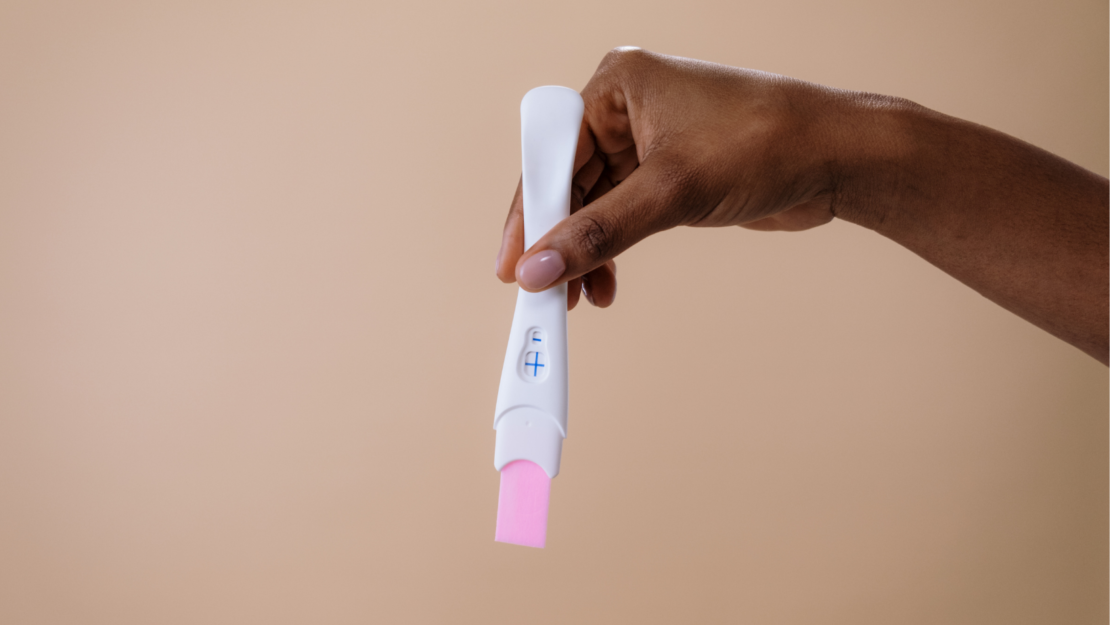How Much is a Private Cervical Smear?
A cervical smear, also known as cervical screening, is an essential part of healthcare for women. It plays a crucial role in reducing cervical cancer by identifying abnormal cells before they develop into something more sinister. For women in the UK, the NHS offers free cervical screening (at differing intervals, depending on age and health), but many opt for private screening due to shorter wait times, convenience, and the flexibility to choose a healthcare provider.
But how much does a private cervical smear actually cost? We’ve put together a comprehensive list of everything you need to know about cervical screening, and the most frequently asked questions, including private testing costs.
What is cervical Screening?
Cervical screening is a test that checks the health of your cervix, which is the lower, narrow end of the uterus that connects to the vagina. It is a common misconception that this test is designed to detect cancer; in reality it identifies abnormal or pre-cancerous cells in the cervix that could develop into cervical cancer without medical intervention.
By catching abnormal cells early, cervical screening can significantly reduce the risk of developing cervical cancer.
Here in the UK, screening is recommended for women (and anyone with a cervix) aged 25 to 64, every three to five years through the NHS. But there are an increasing number of women who choose to have annual private screening to give them peace of mind and a premium standard of healthcare.
Why Consider a Private Cervical Smear?
There are many reasons why women might decide to have a private screening. One of the benefits is the flexibility and convenience of booking an appointment for a time that suits you best. With some GP practices struggling with patient load, getting an appointment can sometimes take a few weeks. A private appointment will offer a much shorter waiting time, with a more personalised service, thorough consultation and detailed follow-up care.
At clinics like ours, for example, appointments generally last 30 minutes, allowing time for a consultation and also other health checks like blood pressure monitoring and BMI measurements. This can put our patients at ease, with the holistic approach reassuring them, especially if there are reproductive health concerns at play.
Private screening also offers swift results. The NHS may take several weeks for results to be available, but private clinics generally promise results within 7 to 10 days. If any abnormalities are detected, private clinics often provide a more tailored approach to treatments and follow up appointments.
What Happens During a Private Cervical Smear Appointment?
A clinician will begin by discussing your general health and will address any concerns or questions you might have. The cervical smear test itself is relatively quick. It should not be painful, but some women experience a little discomfort during the test. A small brush is used to collect cells from the cervix, which are then sent to a testing laboratory for analysis. This will include a test for HPV (human papillomavirus), the virus responsible for most cases of cervical cancer.
Once your results are ready, you’ll receive a notification explaining your results and any steps you might need to take. If the results are abnormal or if there is a need for further investigations, the clinic may recommend booking another appointment to discuss any treatment options.
It’s important to note that follow up consultations may be charged separately.
How Much Does a Private Cervical Smear Cost?
The cost of a private cervical smear test in the UK can vary depending on the clinic you choose, the experience of the clinician, and whether additional appointments are needed.
Here at The Surrey Park Clinic, prices for a cervical smear screening range from £150 to £653. This cost variation reflects the differing levels of service available, from a basic smear to more comprehensive packages that include additional health check and consultations.
For many women the additional expense if justified by the convenience and peace of mind that a private service offers. It’s a good idea to research and compare options before booking an appointment.
What is Cervical Cancer?
Cervical cancer occurs when abnormal cells in the lining of the cervix start to grow uncontrollably. It is one of a few types of cancer that can be prevented through regular screening as the test can catch pre-cancerous cells before they develop into cancer. When abnormal cells are found, they can be treated to prevent the development of cancer.
Most cases of cervical cancer are linked to the HPV virus as mentioned above, which is why screening is so important. Over 850 women die annually in the UK from cervical cancer, and it is prevalent among women aged 35 and under.
Reducing Your Risk of Cervical Cancer
The most effective way to reduce the risk of contracting cervical cancer is through regular screening. Research by Gov.uk suggests that cervical screening is estimated to save 4,500 lives in the UK each year by detecting abnormal cells early, before they develop into cancer.
In addition to screening, many healthcare providers offer the HPV vaccine, which is another tool in reducing the spread of HPV. Whilst the vaccine doesn’t completely eliminate the risk of cervical cancer, it greatly reduces the likelihood of developing it.
What are Cervical Cancer Symptoms?
It’s important to be aware of the potential signs of cervical cancer. You may have noticed some changes in your body, or find that you have certain symptoms that could include:
- Unexplained vaginal bleeding, either after sex, or between periods.
- Bleeding after menopause
- Vaginal discharge
- Pain or discomfort during intercourse
It’s essential to seek medical advice as soon as possible if you are experiencing any of the above; early detection is key to successful treatment.
How Do You Book a Private Cervical Smear?
It’s a straightforward process and can often be done online or by phone. Most private clinics offer flexible appointment times so that you can find a time to fit in with your schedule. At the Surrey Park Clinic, appointments can be booked online or by calling 01483 454016. The advantage of quicker appointments, faster results and a more personalised and tailored care plan make us an attractive option for many women seeking a swifter service and extra peace of mind.


